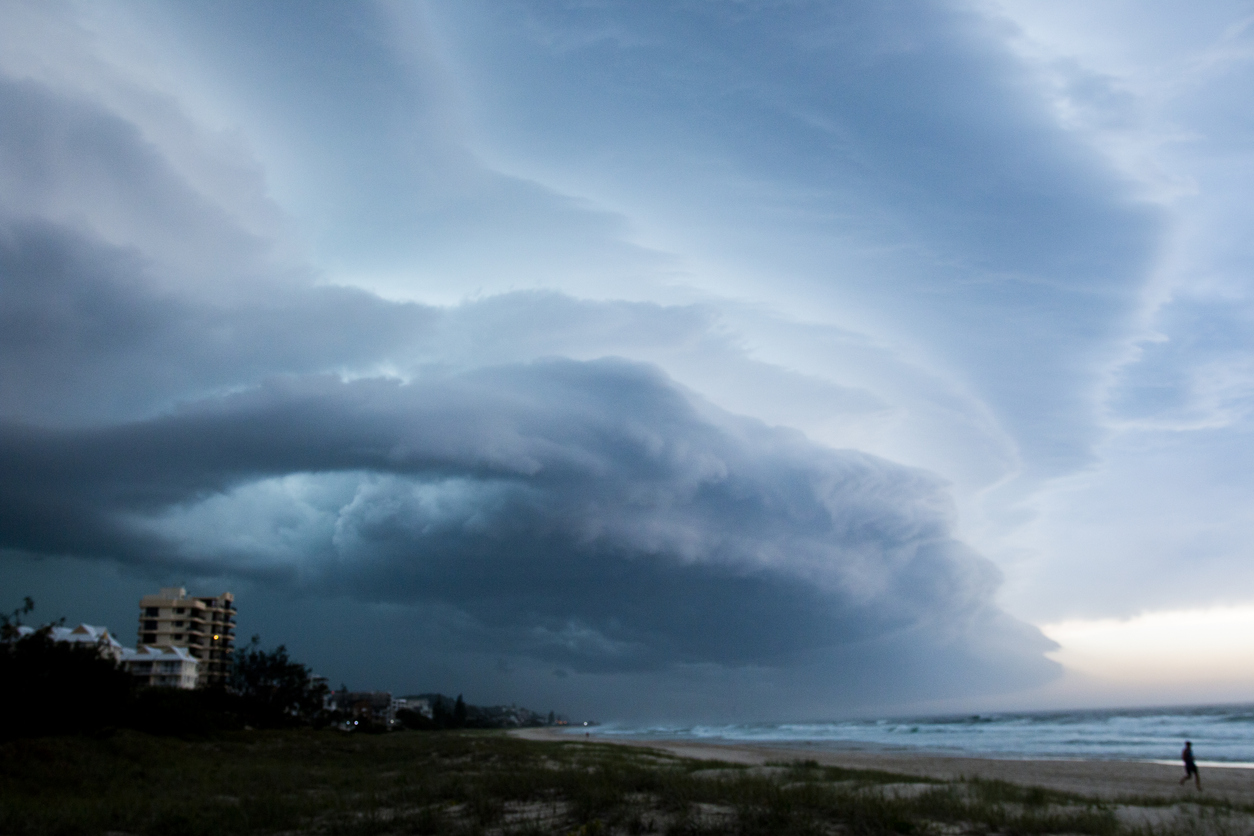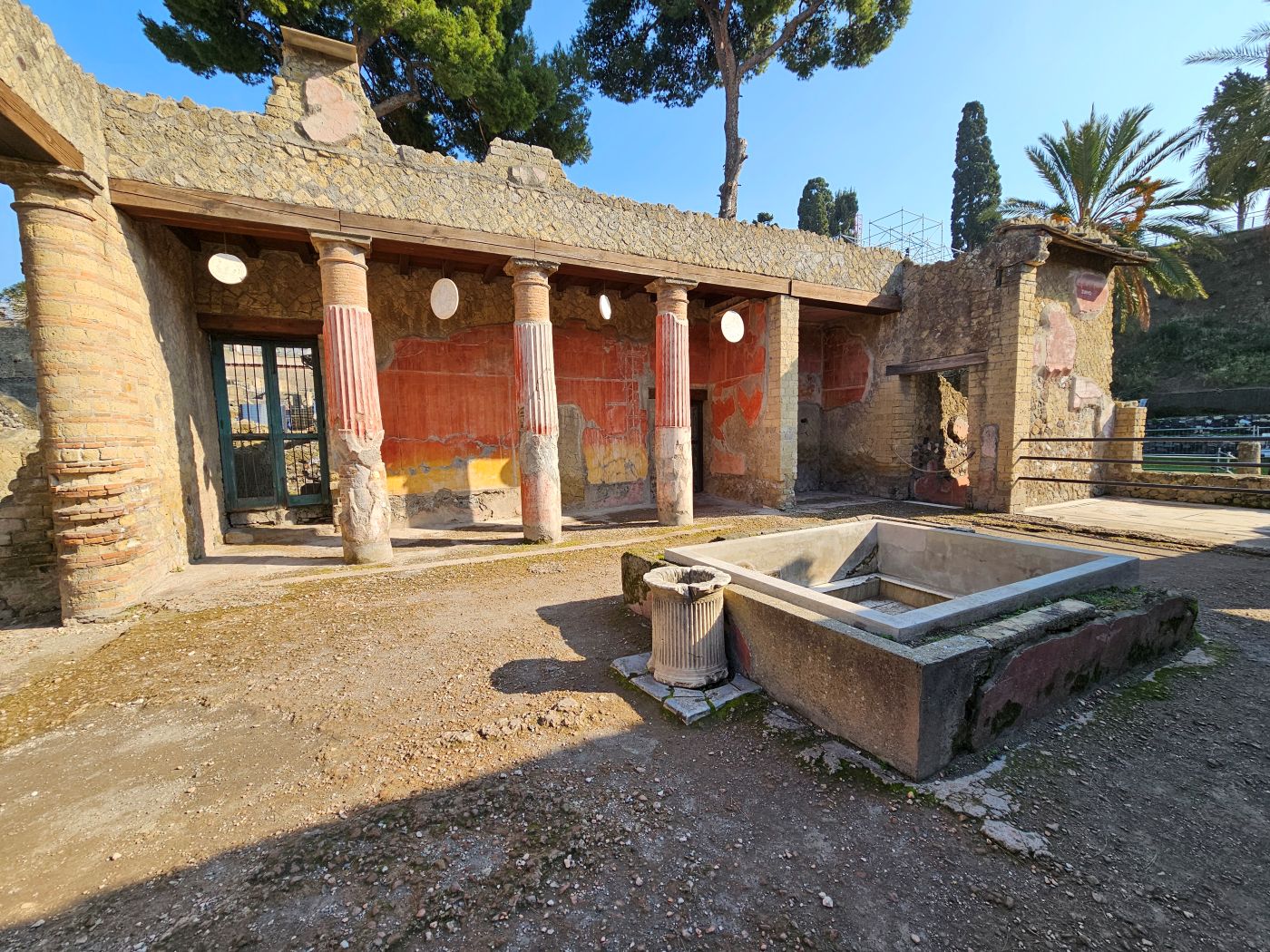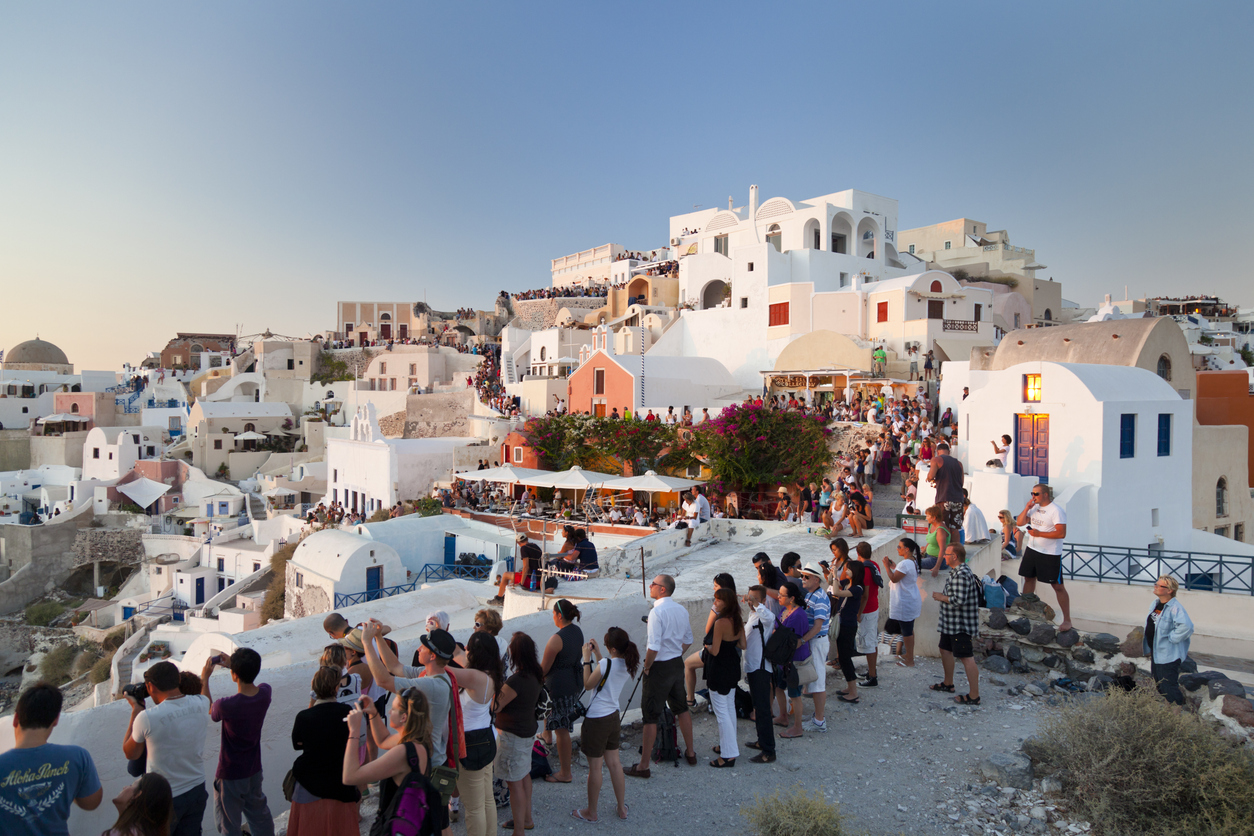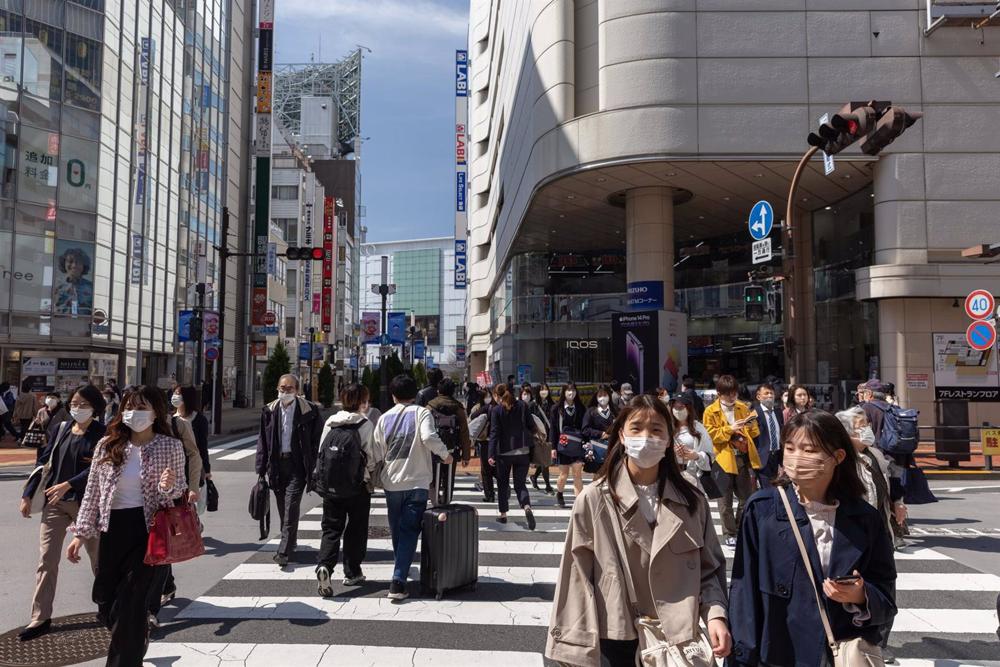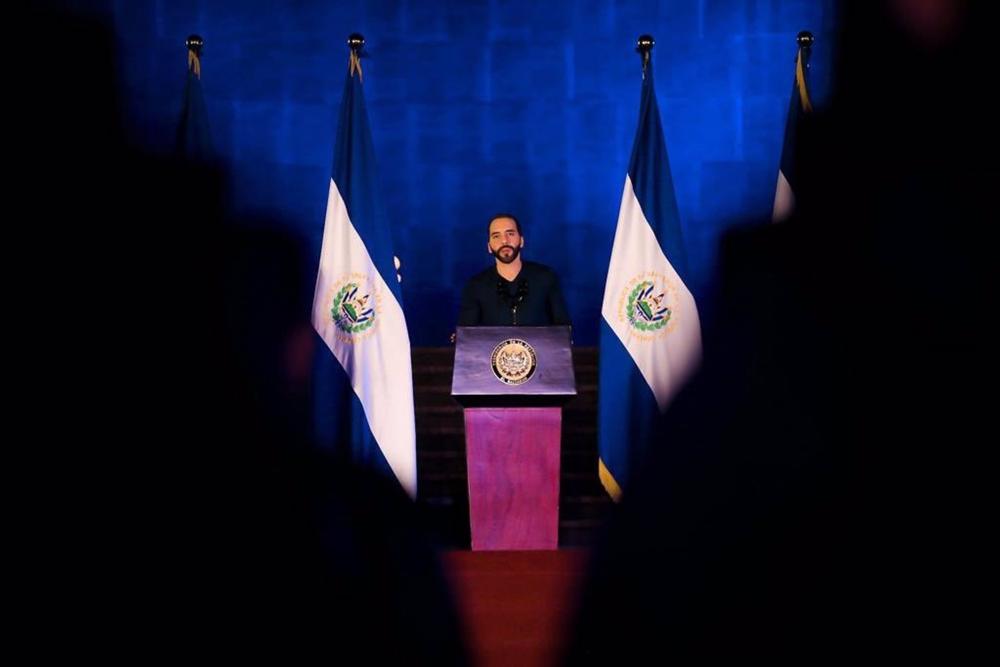
The United Nations Committee Against Torture has demanded that El Salvador take measures to prevent «arbitrary detentions» a day after the country’s president, Nayib Bukele, announced the launch of «Phase 5» of his anti-gang Territorial Control Plan.
In a report published on Friday, the Committee called on the Government of El Salvador to guarantee the «fundamental» rights of detainees, as well as that the state of emergency «complies with international law and human rights».
The plan announced this week by Bukele involves exporting nationwide military encirclements like the one carried out in the town of Comasagua, with a population of 15,000, but this time in larger cities and municipalities, reported ‘La Nación’.
In the latest report provided by the Salvadoran government, it is estimated that a total of 56,000 gang members have been detained since the state of emergency was decreed in the country, a mechanism that allows the Salvadoran state to suspend certain freedoms and guarantees.
ON NICARAGUA On the other hand, the UN Committee Against Torture has called the attention of the Government of Nicaragua, led by Daniel Ortega, for refusing to cooperate with the review of the organism, so that, «in the absence of a state delegation», the conclusions were adopted at the end of November.
In that document, the Committee echoed «numerous reports» of excessive use of force by Nicaraguan security forces and bodies regarding «arbitrary detentions and acts of torture to repress protesters» during demonstrations that have been ongoing since 2018.
«The Committee urged Nicaragua to guarantee legal safeguards for all detainees, to adopt the necessary measures to prevent and cease these acts of repression and violence, in particular against human rights defenders, journalists and political leaders of the opposition, and to immediately release those arbitrarily detained,» he said.
Both the opposition and the international community, including the UN, have questioned a campaign against NGOs carried out by the government of Daniel Ortega, which is part of a wave of repression that began after the 2018 protests and was reinforced in the months leading up to the 2021 elections.
